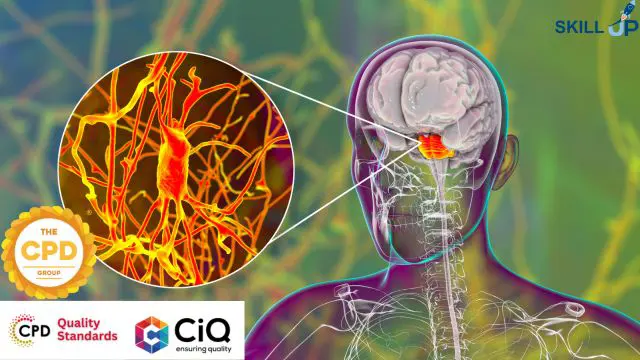Neurology (Neuroscience): Neurological Rehabilitation & Human Brain
Skill Up
Special Sale | CPD & CiQ Accredited | FREE PDF Certificate & Transcript | Lifetime Access | Tutor Support | Free Exam
- 12 students
- Online
- 2 hours · Self-paced
- Certificate(s) included
- 10 CPD points
- Tutor support
Did you know that Sir Charles Scott Sherrington, a British physiologist, was one of the pioneers in the field of neurology? Our course, " Neurology (NeuroScience): Neurological Rehabilitation, Restoring Function & Improving Lives" encompasses his legacy by delving deep into
…







